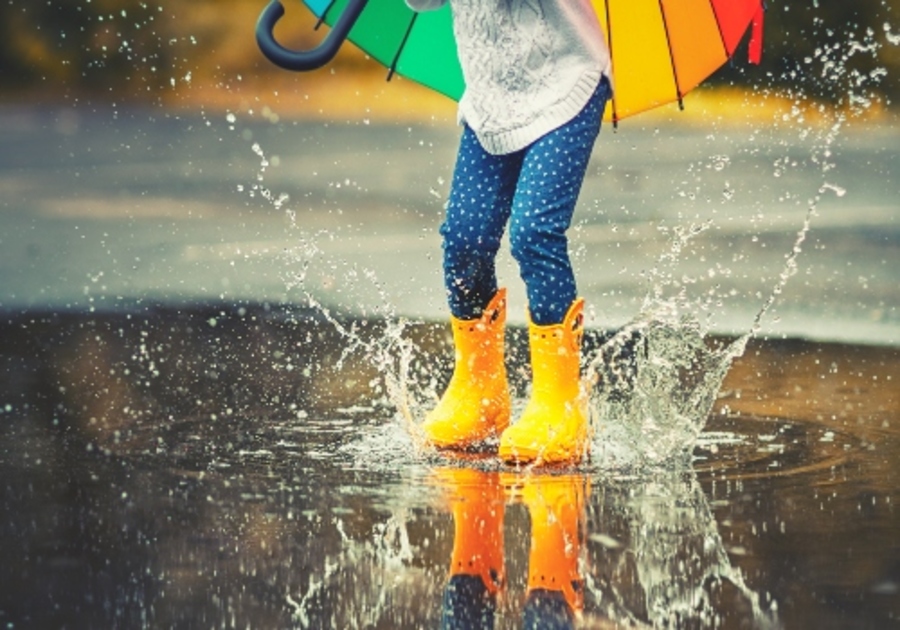With school closures, children are now home-schooled with the help of technology, teachers and parents. It is important to keep their brains stimulated and keep up with their literacy and numeracy. But what about physical literacy? Are they still engaged at home to keep up with their physical literacy during Covid-19 isolation?
According to Sport for Life authors of Developing Physical Literacy:
“physical literacy should be given the same importance as literacy and numeracy. It should be fostered at an early age so it an be developed throughout the life course. This will lead to better physical and mental health outcomes”.
The International Physical Literacy Association defines physical literacy as the motivation, confidence, physical competence, knowledge, and understanding to value and take responsibility for engagement in physical activities for life.
One component of physical literacy is the development of basic fundamental movements that enable children to succeed in physical activities. These skills are developed throughout childhood. If a child is not given the opportunity to develop these skills, it decreases the likelihood they will participate in physical activities. The fundamental movement skills include:
- Walking
- Running
- Jumping
- Catching
- Skipping
- Throwing
- Kicking
It is a common myth to think that children develop these fundamental skills naturally. Just like learning to read or write, children must learn how to move with their bodies. A generation ago, children were more involved in unstructured play and risky play which helped to develop physical literacy and prepare them to take part in more advanced physical activities such as:
- organized sports
- recreational physical activity
- vocational activities (carpentry, firefighter and others)
Times have changed and children are less active and may not have the opportunity to develop the fundamental skills through unstructured and structured play.
Being isolated at home due to Covid-19 can be a great opportunity for parents to help their children develop these skills. You can do so through fun play inside at home or outside in the backyard. Since physical literacy is something that is developed throughout childhood, it’s never too early to start developing various skills encouraging an active lifestyle.
0-3 years: encourage movement
3-5 years: expand on play and keep it fun
5-8 years: increase the focus on fundamental movements
8-12 years: introduce more complex skills as kids are ready
Physical literacy is not complicated. It is simply a matter of helping your child develop skills and a love for movement that is age appropriate. It can be a simple as:
- Hopping in the backyard like kangaroos (jumping skill)
- Playing a game of tag or chasing each other (running skill)
- Jumping over the sidewalk lines on one foot then the next foot while taking a family walk (skipping and walking skills)
- Throwing a ball or a teddy bear in a laundry basket or box (throwing skill)
- Kicking the ball as far as you can in the backyard (kicking skills)
- Playing catch with a beach ball or smaller and softer ball (catching skills)
Developing physical literacy means having fun, moving around and being active with your child. This will develop their skills to be able to accomplish more complex movements as they grow older, feel confident in themselves and motivated to participate in new activities or sports. It will also develop their love for an active lifestyle with you as their role model.
To find out more about physical literacy and tools to help you at home check out https://activeforlife.com/resource-intro/
https://activeforlife.com/physical-literacy-2/
https://activeforlife.com/hands-up-for-health-and-physical-literacy/
https://activeforlife.com/activities-for-babies-and-toddlers/
For more ideas on simple games you could do at home see our I Love to Cook and Play and I Love to Garden manuals
Other fun resources for keeping your children active at home:
https://www.bokskids.ca/boks-at-home/
https://activeforlife.com/42-activities-to-keep-kids-busy-while-parents-work-at-home/
https://activeforlife.com/kidactive-app-now-available/


